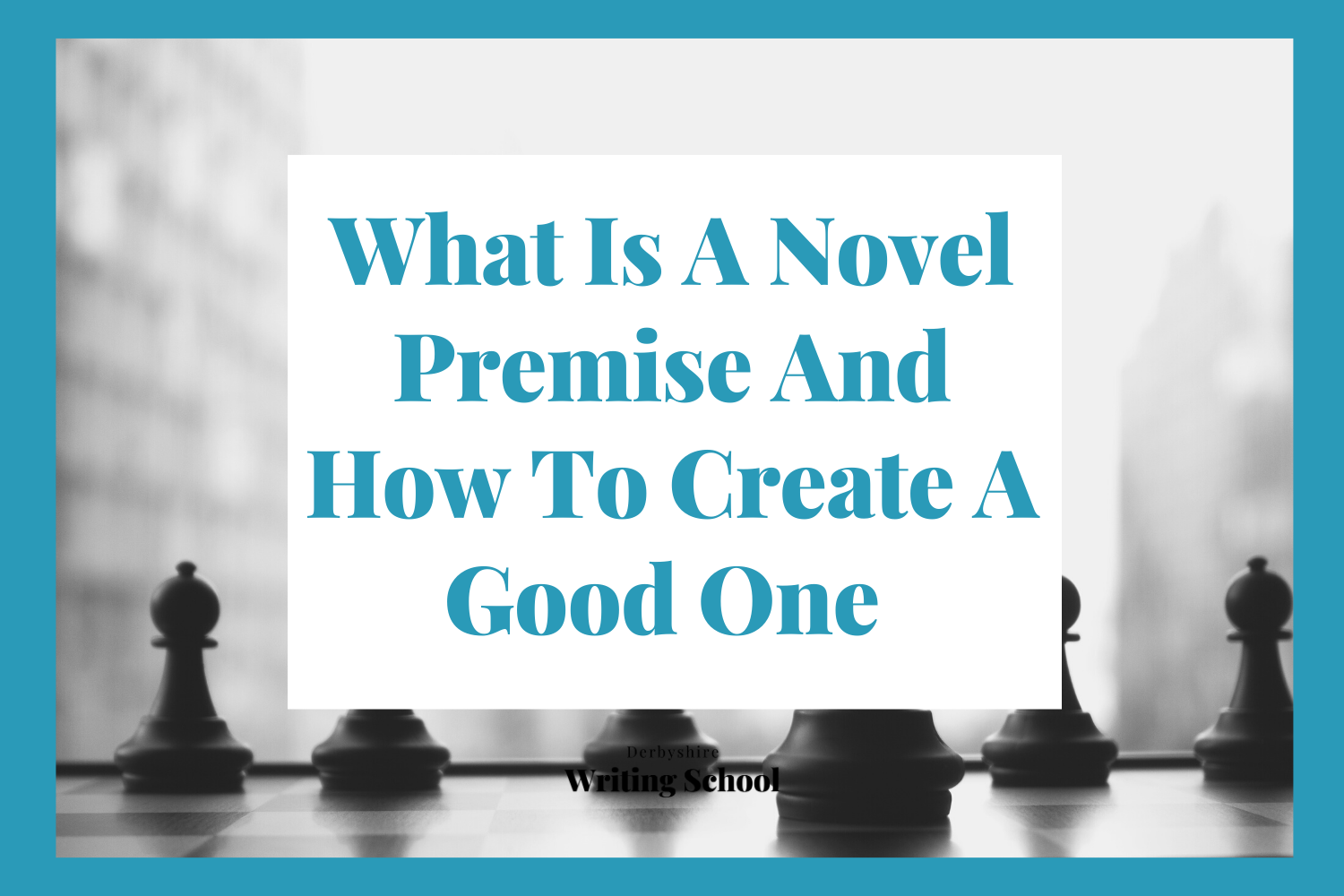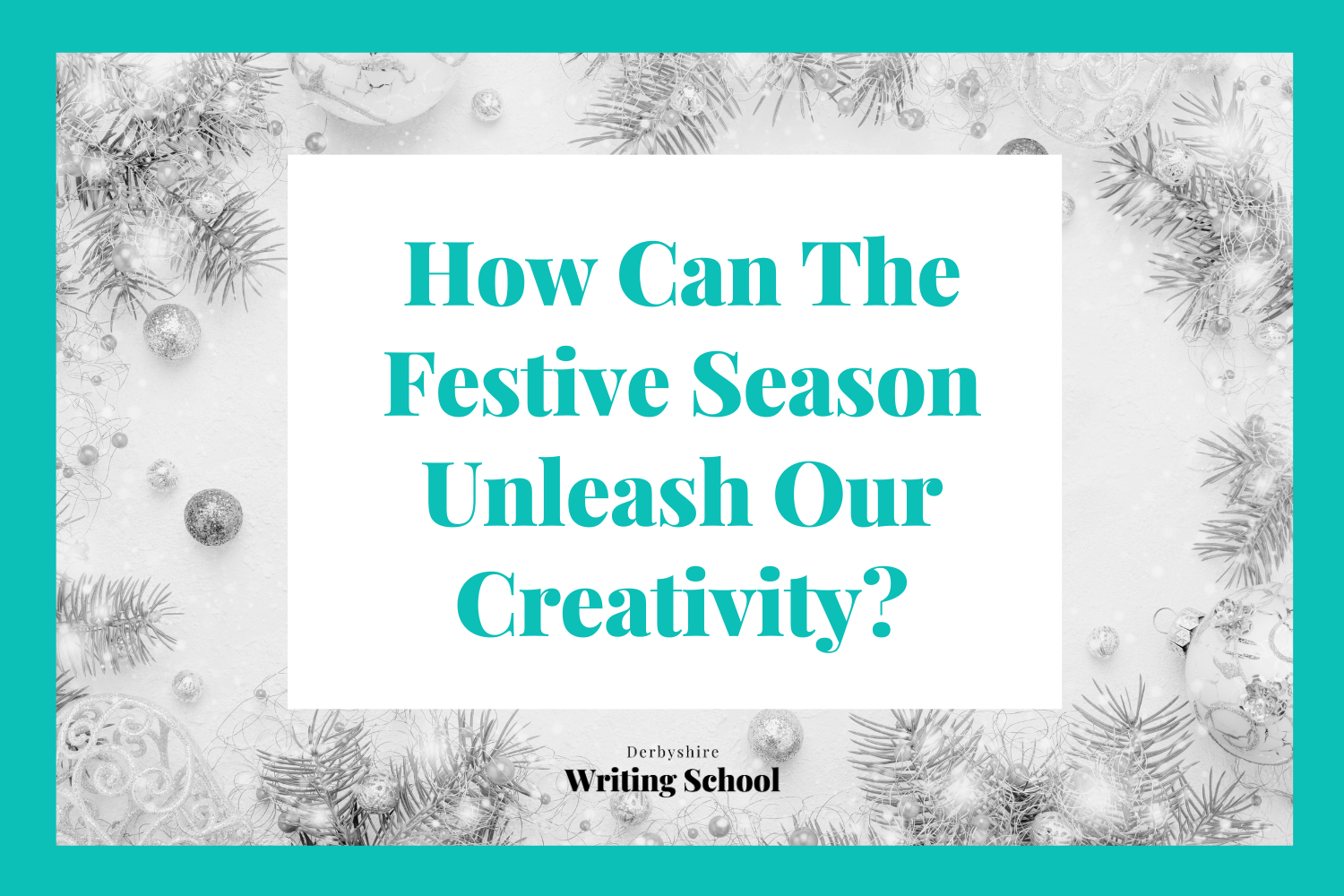What Is A Novel Premise And How To Create A Good One
We’ve all been faced with the dreaded question: so, what’s your book about?
Heart racing. Panic sets in.
How do you describe your work in progress?
How do you explain the nuance in the story?
How do you begin to share your idea?
This is where your novel (or story) premise comes in.
So, Then What Exactly is a Novel Premise?
In writing, a premise refers to the central idea or concept of a novel that sets the foundation for the story. It is the basic concept or foundation that drives the narrative and serves as the underlying theme of the story.
It sets the tone and direction for the plot, characters, and themes that will be explored throughout the book. A strong premise can capture the attention of readers and entice them to dive deeper into the story, while a weak premise can make the story feel unfocused or uninteresting.
A premise is typically expressed in a single sentence or a short paragraph and answers the question, “What is this story about?” It should be specific enough to capture the essence of the story, but also broad enough to allow for different interpretations and variations in the plot.
Why is a Premise Important?
You need to know what your story premise is. It can act as your elevator pitch. It can be your go-to book description. But more than that, it shows you understand the core idea of your book. It means you can ‘sum up’ the message, or you can ask a question that tells the idea at the heart of your book.
Your premise should make someone want to read your book.
A Premise Example – Harry Potter
One well-known example of a story premise is “The boy who lived” from the Harry Potter series by J. K. Rowling. This premise captures the essence of the story and sets the foundation for the entire series.
The premise refers to the fact that the protagonist, Harry Potter, is the only known survivor of a powerful and evil wizard’s attack that killed his parents. This event sets Harry apart from others and leads him on a journey to learn more about his past and his magical abilities, culminating in a battle against the same wizard who tried to kill him as a baby.
This premise not only sets up the overarching conflict of the series but also establishes the themes of love, friendship, and the battle between good and evil that are explored throughout the books. The simplicity and memorability of this premise helped to make the Harry Potter series a cultural phenomenon and a beloved classic.
Further Novel Premise Examples
“A boy and a tiger are stranded on a lifeboat in the middle of the ocean” - from Life of Pi by Yann Martel. This premise sets up the central conflict and challenges the protagonist, Pi, to survive in a harsh and unforgiving environment while also exploring deeper themes such as faith, identity, and the nature of storytelling.
“A man goes on a journey to destroy a powerful ring that could enslave the world” - from The Lord of the Rings by J. R. R. Tolkien. This premise establishes the epic scope and high stakes of the story while also setting up the themes of heroism, friendship, and the corrupting influence of power.
“A teenage girl volunteers to participate in a brutal televised game where only one person can survive” - from The Hunger Games by Suzanne Collins. This premise establishes the dystopian world and the harsh reality of the games, while also exploring themes of survival, sacrifice, and rebellion.
“A young woman falls in love with a wealthy man, but their relationship is threatened by his dark past” - from Jane Eyre by Charlotte Bronte. This premise sets up the romantic tension and the obstacles that the protagonist, Jane, must overcome to find happiness, while also exploring themes of class, gender, and the power dynamics of relationships.
“A man is wrongly convicted of murder and must escape prison to clear his name” - from The Shawshank Redemption by Stephen King. This premise sets up the central conflict and the protagonist’s goal, while also exploring themes of hope, friendship, and the corrupting influence of power.
“A group of animals must band together to fight an evil dictator who has taken over their homeland” - from Animal Farm by George Orwell. This premise sets up the allegory and social commentary of the story, while also exploring themes of power, corruption, and the dangers of propaganda.
“A woman discovers she has supernatural abilities and must learn to control them while also navigating a complicated love triangle” - from Twilight by Stephenie Meyer. This premise sets up the romantic and supernatural elements of the story, while also exploring themes of identity, self-control, and the consequences of choices.
A three-step guide to creating your novel premise
By following these three steps, you can create a premise that sets up the central conflict, explores important themes, and captures the attention of potential readers.
Identify the central conflict: The first step in creating a premise is to identify the central conflict that your story will revolve around. In Great Expectations by Charles Dickens, the central conflict is the protagonist, Pip, struggling to reconcile his aspirations for wealth and status with his humble upbringing and moral values.
Consider the theme: Once you have identified the central conflict, consider the themes that you want to explore in your story. What ideas, questions, or issues do you want to explore through your characters and their journey? In Great Expectations, themes of ambition, class, and identity are explored through Pip’s experiences as he navigates the social hierarchy of Victorian England.
Create a hook: Finally, create a hook that captures the unique and compelling aspects of your story. This could be a tagline or one-sentence summary that grabs the reader’s attention and gives them a sense of what your story is about. For example, “When a poor boy is suddenly given the opportunity to climb the social ladder, he must choose between his dreams of wealth and the values that make him who he is” could be a hook for Great Expectations.
The Derbyshire Writing School Premise Formula
You can also try filling in the blanks, using our tried and trusted story formula to help you create your premise.
A story is about a character, who wants something and overcomes conflict to get it.
A story is about a (add your protagonist), who (wants to/ does something/ becomes/ or tries), and overcomes (conflict/s) to (add cliffhanger or question).
For example:
A story about a girl who wants to try and outrun her grief and her family responsibilities. Escaping from her family she travels the world to dull her pain. Will she realise you can't outrun your destiny, or will she die trying to find her way home?
Your Premise
Your premise is what makes someone want to quickly buy your book.
A premise is your big idea. It will express your story in a simple, short way.
It will answer the questions – what your story is about, what your story is trying to do and summarise your book idea. It will be exciting or intriguing.
It is specific but broad. Allowing for interpretation.
It can be the hardest thing you write!
We would love to hear about your novel. Please get in touch and share your premise with us! If you would like more help with your premise join our Novel Writing Course.













